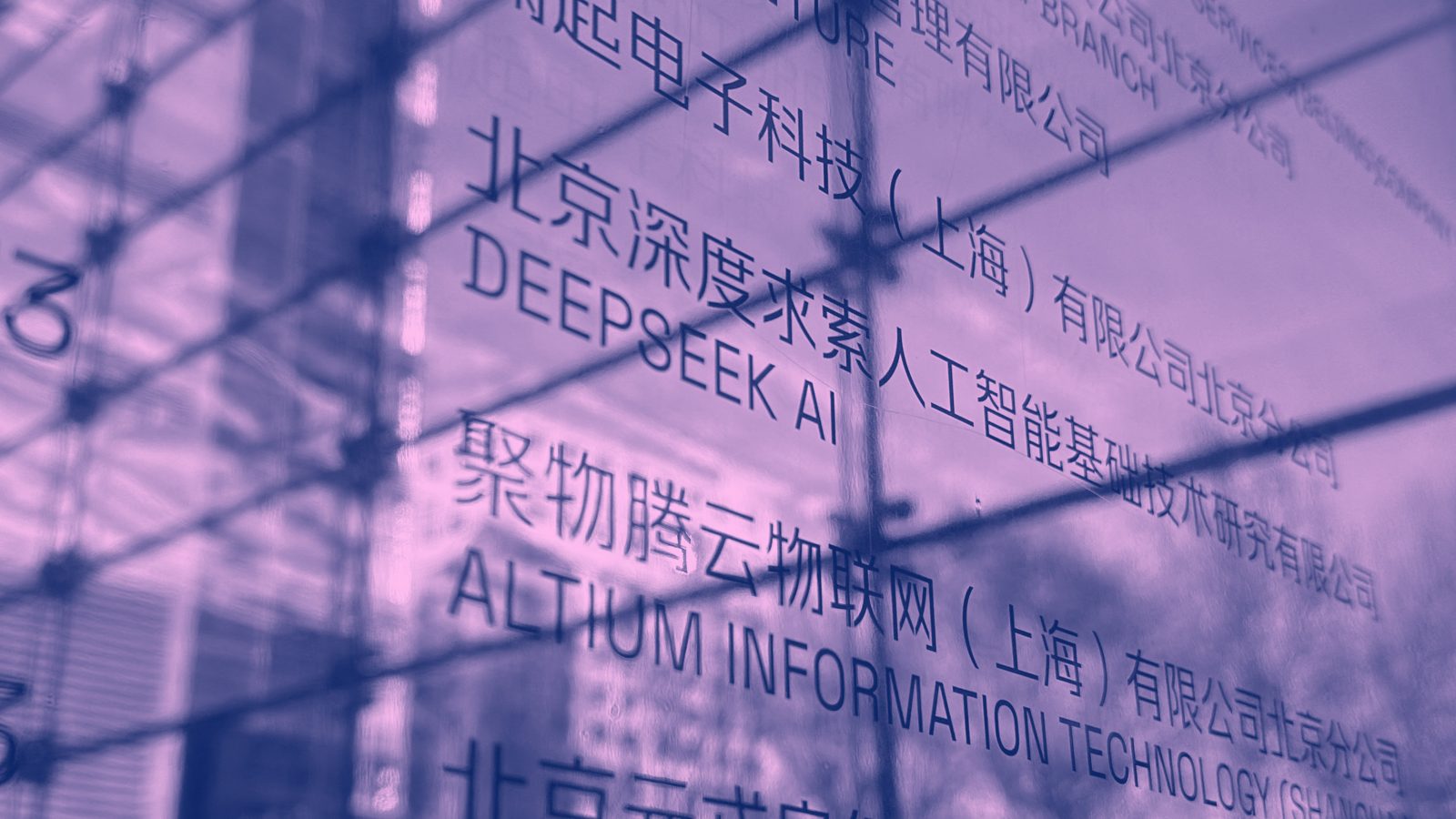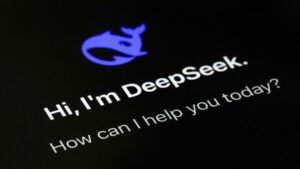China Integrates DeepSeek AI Across Various Sectors, Including Automotive and Law Enforcement

Introduction to DeepSeek Adoption in China
Since the introduction of DeepSeek, a variety of Chinese businesses, spanning from car manufacturers to home appliance firms, have rapidly integrated this domestic artificial intelligence model into their services and products. The capabilities of DeepSeek, which include the R1 reasoning model and the V3 large language model, have reportedly reached performance levels similar to prominent Western competitors, but at a significantly reduced cost.
Experts note that this swift adoption indicates a growing belief in China that the nation’s advantage in AI lies in its practical applications rather than merely expanding model sizes for better performance. Tilly Zhang, a technology analyst at Gavekal Dragonomics in Beijing, emphasized that China is now vying with U.S. companies in effectively utilizing existing AI technologies.
Sectors Leading the DeepSeek Adoption
Here are several key sectors that have enthusiastically embraced DeepSeek since its launch:
1. Automobiles
Over 20 Chinese car brands have revealed plans to embed DeepSeek models to enhance their existing AI functionalities, which include voice control and accurate mapping. Geely Auto, the second-largest carmaker in China by sales, has introduced models capable of interpreting vague commands from drivers. For instance, a promotional video illustrates a driver expressing fatigue, and the AI system responds by adjusting the car’s settings for maximum comfort.
The integration of DeepSeek is expected to elevate the user experience with vehicles, making them more appealing globally as China remains competitive in areas like EV manufacturing, lithium battery production, and robotics.
2. Smartphones
All top five smartphone companies in China have integrated DeepSeek into their devices. Huawei, for example, upgraded its AI assistant, Xiaoyi, through DeepSeek, allowing users to choose between detailed or brief responses. Similarly, other major brands like Oppo, Honor, Vivo, and Xiaomi have adopted DeepSeek functionalities for various applications, including text and video creation as well as web searching.
Oppo’s chief product officer remarked on the rapid public awareness of AI technology attributed to DeepSeek, highlighting that it has significantly shortened the learning curve for consumers.
3. Home Appliances
Midea, the leading home appliance manufacturer in China, has launched a series of air conditioners powered by DeepSeek. These units are designed to respond to users’ verbal cues, automatically adjusting settings based on their needs. Midea’s products not only provide feedback but can also engage in casual conversation using the AI’s voice capabilities.
Alongside air conditioners, DeepSeek technology is being implemented in vacuum cleaners and refrigerators, providing an interactive experience for users.
4. Health Care
Around 100 hospitals throughout China have announced plans to utilize DeepSeek in various operational aspects, such as diagnostics, medical imaging analysis, and record management. However, the swift integration has raised concerns regarding the safety and efficacy of using AI in health care, particularly in generating prescriptions. Health authorities have issued warnings against using AI for clinical diagnoses without professional oversight.
5. Government Agencies
Various levels of the Chinese government have also begun to integrate DeepSeek within their internal operations. For example, Shenzhen reported notable improvements in administrative efficiency, achieving a 95% accuracy in documents generated by DeepSeek, and reducing processing times for approvals by 90%.
These implementations are seen as not only aiding government efficiency but also aligning with national objectives to establish China as a leader in AI technology.






